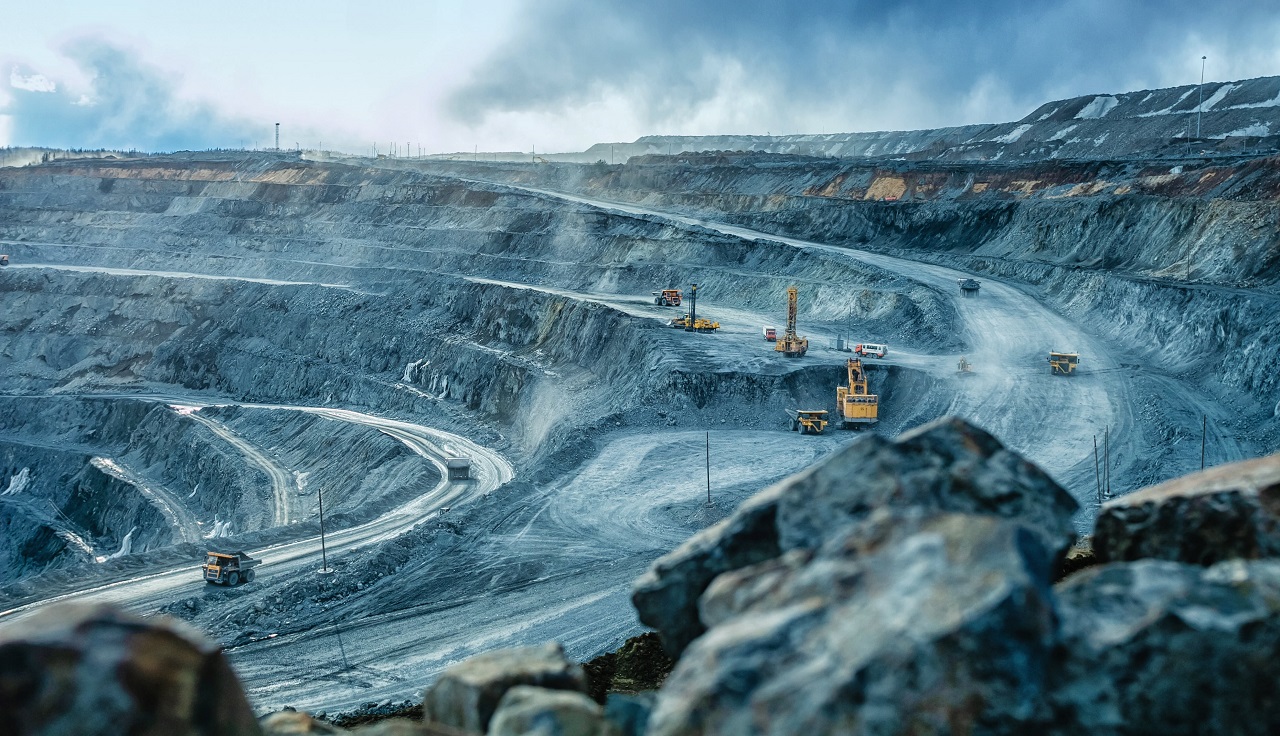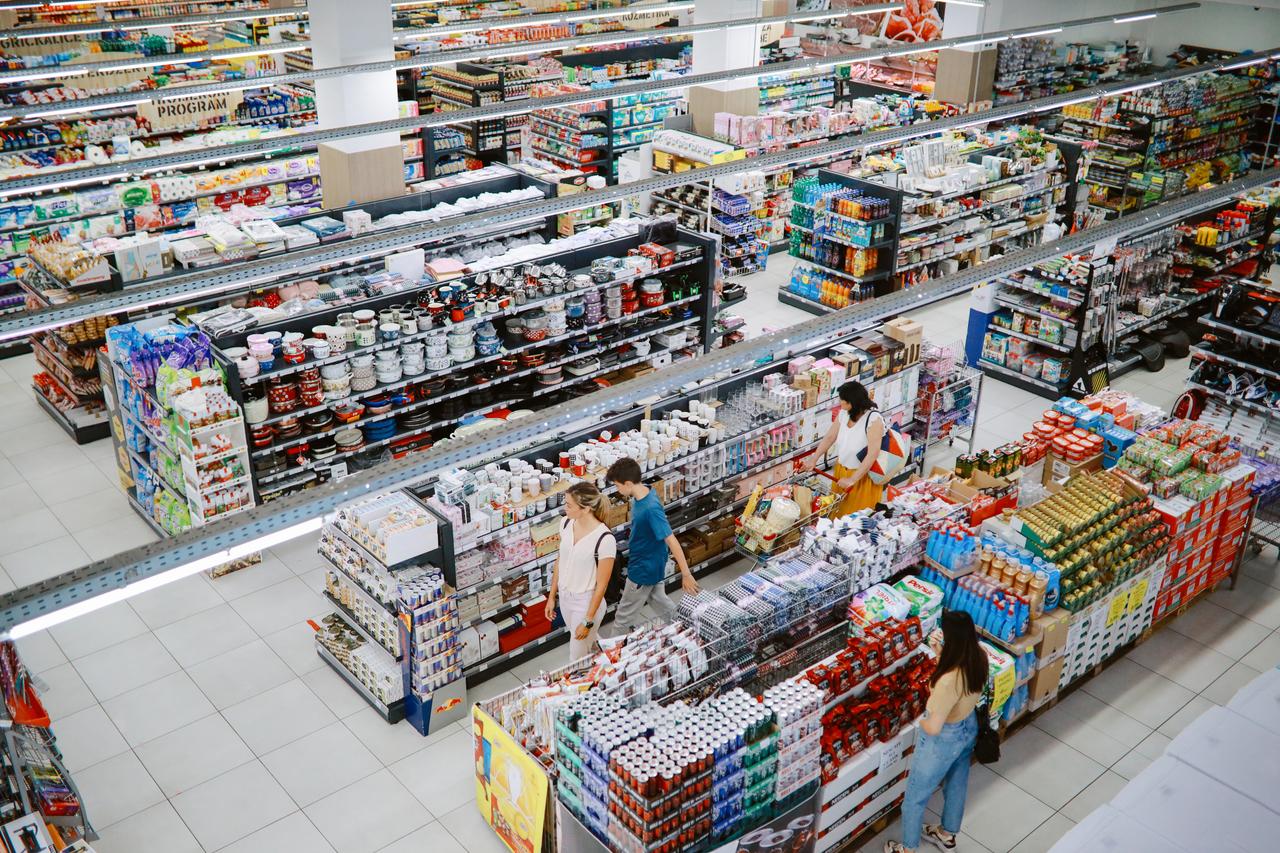The measures that the EU announced earlier this year for the extraction of (new) metals and minerals fall seriously short. The EU has drawn up measures for 24 'rare metals', but 75% of these appear to be insufficient or unfeasible. There is a real danger that after OPEC, Europe will have to deal again with cartel formation in the metal field (OMEC). The dependence on China, in particular, is dangerously high.
Lithium, cobalt, nickel and other metals are crucial for the global energy transition. Especially for the explosive growth of electric vehicles (EVs), battery storage and other green energy applications. The market for 'rare' metals and minerals has doubled in the past five years to $320 billion, according to the International Energy Agency (IEA). And it is expected to double again by 2040.
China plays a dominant role in the field of rare raw materials. According to our researchers, 91% of the world's magnesium and 76% of the silicon reserves are held by China. The EU is also heavily dependent on China for manganese. In addition, for example, 60% of the global cobalt market is in the hands of the Democratic Republic of Congo. South Africa has 71% of the platinum supply, and Russia has 40% of the palladium.



